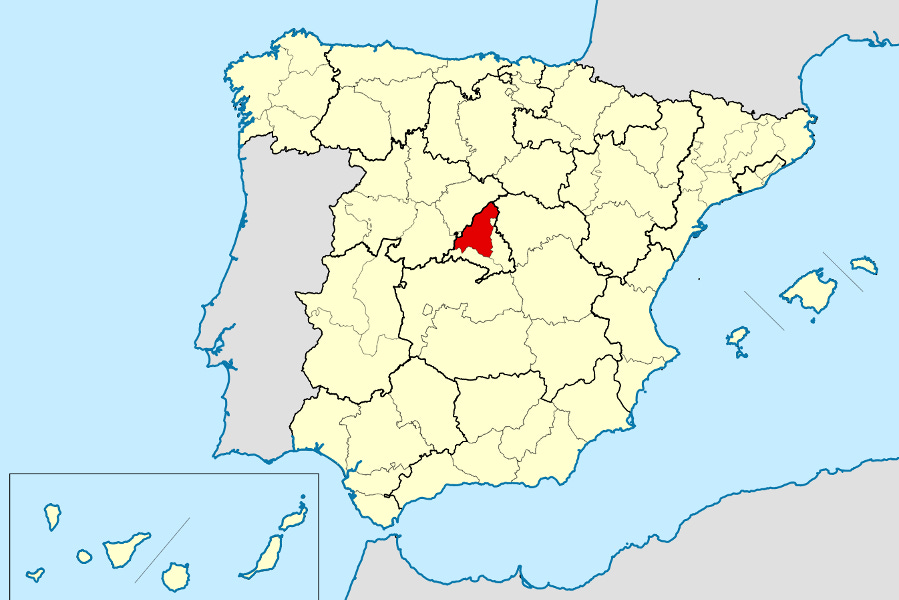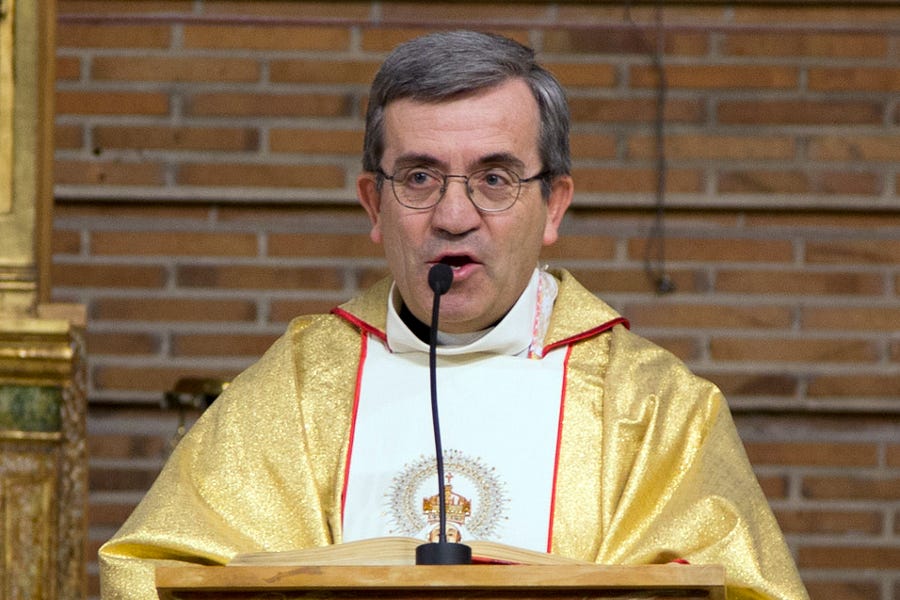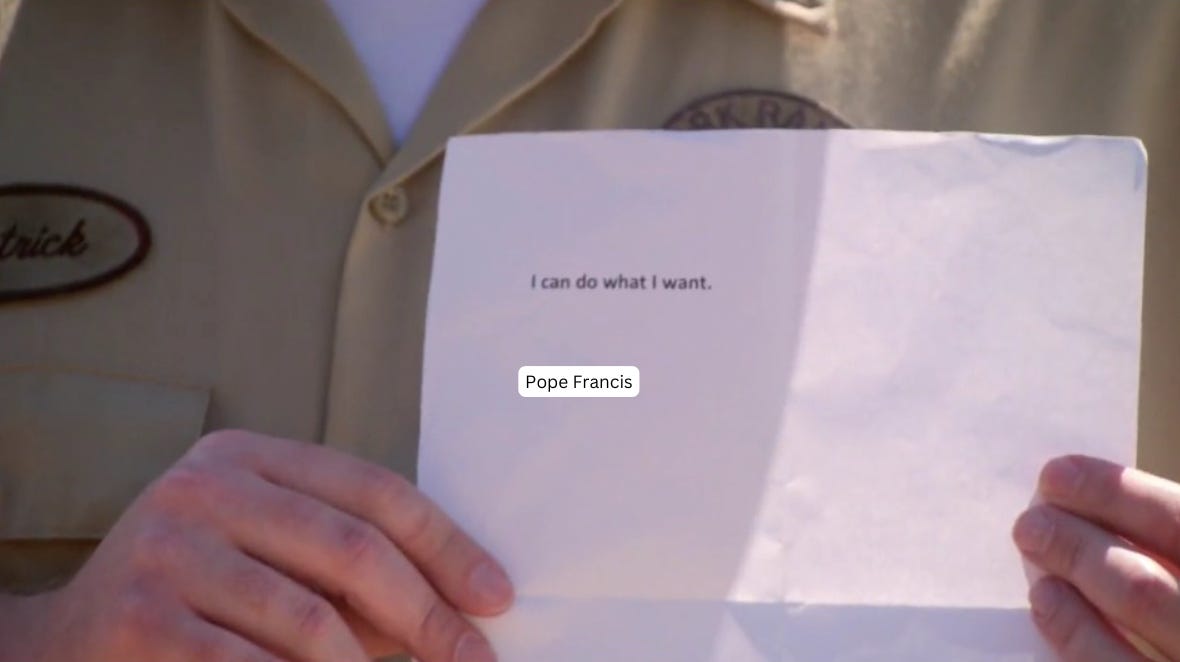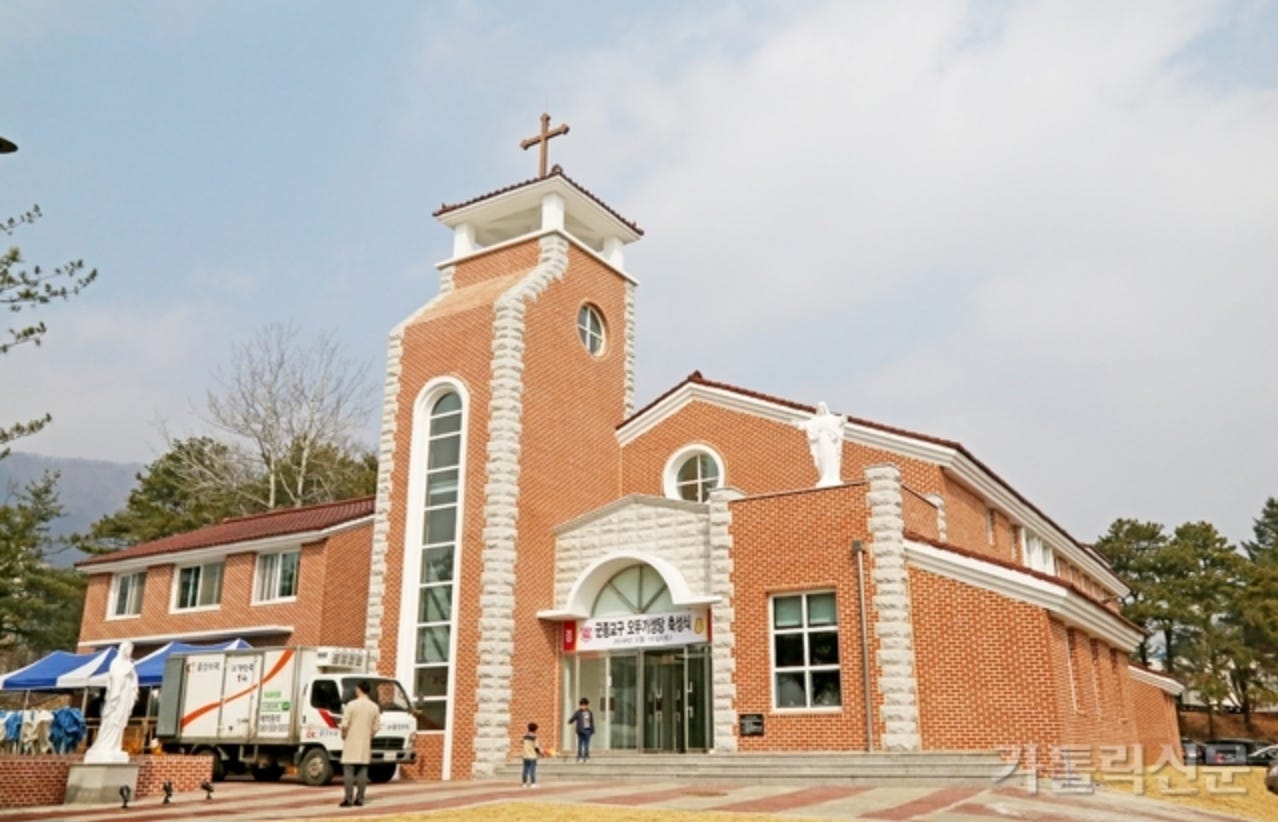When Spain’s bishops gather in Madrid next week, they have an important task.
They must choose a successor to Cardinal Juan José Omella Omella, the Archbishop of Barcelona, who has served as bishops’ conference president since March 2020.

The election of a new president might sound like a matter only of interest to full-time Church watchers and ecclesiastical policy wonks. But Spanish Catholicism occupies a distinctive place within the worldwide Church — and the head of Spain’s bishops has a global profile.
Spain is the country with the world’s eighth-largest Catholic population. More than 8 million people attend Mass regularly, according to the latest available figures.
The Spanish Church’s influence has arguably grown under Pope Francis, who is said to be the first native Spanish speaker to occupy the Chair of Peter since 1503.
One measure of the Spanish Church’s sway is its presence in the College of Cardinals. It has 14 cardinals, the most of any country except Italy and the United States, and the same as Central America and Oceania combined.
Out of those 14, eight are eligible to vote in a future conclave. Pope Francis has appointed a total of 12 cardinals from Spain, including three at the last consistory in September 2023: Madrid’s Cardinal José Cobo Cano, Salesian leader Cardinal Ángel Fernández Artime, and Corsica’s Spanish-born Cardinal François-Xavier Bustillo.
Although it’s true that Francis has never visited Spain as pope, he has kept a close eye on the local Church through Jesuit confidants and trusted bishops.
He has taken a particular interest in the country’s seminaries, receiving the nation’s bishops at the Vatican last November to discuss the future of seminary provision and addressing the Madrid archdiocese’s seminarians in February.
Whoever is elected bishops’ conference president next week will become the face of Catholicism in Spain, at a time when the local Church is struggling to address a damaging abuse crisis.

How the vote works
Spain’s 78 eligible bishops will attend a March 4-8 plenary meeting, where they will elect successors to current bishops’ conference president Cardinal Omella and vice-president Cardinal Carlos Osoro Sierra, who retired last year as Archbishop of Madrid.
The cardinals, who are respectively 77 and 78, are stepping down for reasons of age.
The election process will start Monday afternoon with a straw poll among the bishops. The result will not be binding or made public, but will help to identify the leading candidates.
On Tuesday morning, the vote proper will begin. The winner must secure an absolute majority of votes. If no one crosses the threshold on the first two ballots, the two candidates with the highest number of votes face a run-off in a third ballot. If there is a tie, the oldest candidate is elected.
But that’s the only scenario in which age would be an advantage. The Vatican has asked bishops’ conferences not to elect presidents who would be over 75 years of age by the time their term ends. Spain’s bishops’ conference president serves a four-year term, so candidates should be under 71 when they are elected.
According to the website Religión Digital, this narrows the electoral field down to 49 bishops.
So who are the most prominent candidates?
Argüello or Cobo?
In recent months, Spanish Catholic media have presented the election as something of a two-horse race.
In one lane is Archbishop Luis Argüello, 70, who served as bishops’ conference general secretary from 2018 to 2022, when he was appointed Archbishop of Valladolid. Spain’s bishops chose him as one of their three representatives at the synod on synodality.
In the other lane is Cardinal Cobo, 57, who has had a meteoric rise in the Spanish Church. He was named Archbishop of Madrid in June 2023, and a cardinal and member of the Vatican’s influential Dicastery for Bishops in September 2023.
Religión Digital has suggested that Argüello, who knows the bishops’ conference apparatus inside out, is the candidate of the bishops’ conservative majority.
Cobo, meanwhile, is “the pope’s new man in Spain,” but with weaker ties to the bishops’ conference and already burdened with duties both within and outside of his archdiocese.
Compromise candidates
Religión Digital has predicted that if neither candidate obtains a clear majority, the bishops will turn to figures who could potentially bridge the pro-Argüello and pro-Cobo camps:
Archbishop José Ángel Saiz Meneses of Seville, a 67-year-old “originally belonging to the conservative sector but who has managed to win the sympathies of the moderates.”
Archbishop Francisco José Prieto Fernández of Santiago de Compostela, 55, who “could bring together the votes of the pro-Cobo sector and not raise vetoes from the conservatives.”
Another compromise candidate — suggested by José Beltrán, director of Vida Nueva magazine — is Bishop Ginés García Beltrán, the 62-year-old Bishop of Getafe, Spain’s fifth most populous diocese.
“In fact, Vatican sources confirm that in the last list of three candidates for Madrid, García Beltrán was a strong candidate, supported and appreciated,” Beltrán wrote in a December 2023 column.
If none of these figures prevails, the journalist wrote, any other candidate with the rank of archbishop stands a chance, from the 58-year-old Archbishop Mario Iceta of Burgos to the 66-year-old Archbishop José María Gil Tamayo of Granada.
Spain’s online newspaper La Gaceta de la Iberosfera, meanwhile, highlighted five bishops who it described as enjoying the support of Cardinals Omella and Cobo:
Bishop Fernando Prado Ayuso, 54, who has served as the Bishop of San Sebastián since 2022.
Bishop José Antonio Satué Huerto, 56, the Bishop of Teruel and Albarracín since 2021.
Bishop Joseba Segura Etxezarraga, 65, the Bishop of Bilbao since 2021.
Bishop Fernando Valera Sánchez, 63, the Bishop of Zamora since 2020.
Bishop Ernesto Jesús Brotóns Tena, 56, the Bishop of Plasencia since 2022.
La Gaceta de la Iberosfera said Feb. 13 that these five figures had “some characteristics appreciated in Rome, since they are young bishops and all of them are in line with Pope Francis,” making them potential candidates.
But in a Feb. 29 preview, the website Religión Confidencial suggested there was now a “unanimous” perception that Argüello would be the next president. It noted that the Valladolid archbishop had just spent a week in Rome, where he promoted the controversial beatification cause of Isabella I of Castile, who co-signed a 1492 decree ordering the expulsion of practicing Jews from Spain.
The website suggested that Cobo had effectively withdrawn from the running, enabling him to concentrate on his organizational shake-up of the Madrid archdiocese. It suggested he would need to forge deeper bonds in future with his fellow bishops, who were “to a certain extent, perplexed by his supersonic ascent.”
Religión Confidencial added that there seemed to be a groundswell in favor of Archbishop Iceta as conference vice president.
Episcopal makeover
The appointments of a new bishops’ conference president and vice-president are not the only imminent changes for the Spanish Church.
According to the newspaper El Debate, Spain’s bishops must also refresh the membership of the nine-strong bishops’ conference executive commission, which sits atop the conference’s organization chart.
They also need to elect new leaders, or renew current appointees, for their 10 episcopal commissions and eight episcopal subcommittees. Some deal with sensitive topics, such as Church-state relations, migration, doctrine, and seminaries.
El Debate forecasts that 17 of Spain’s 70 dioceses — almost a quarter — may get new bishops in 2024, including the quirky Diocese of Urgell, whose bishop is also co-prince of the microstate of Andorra.
While all predictions should be taken with a healthy serving of salt, Spain’s hierarchy will likely look quite different by the end of 2024 than it did at the beginning.






